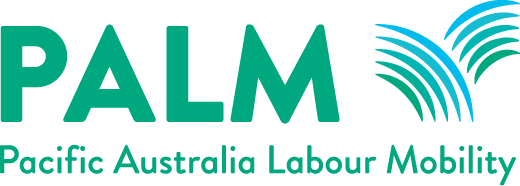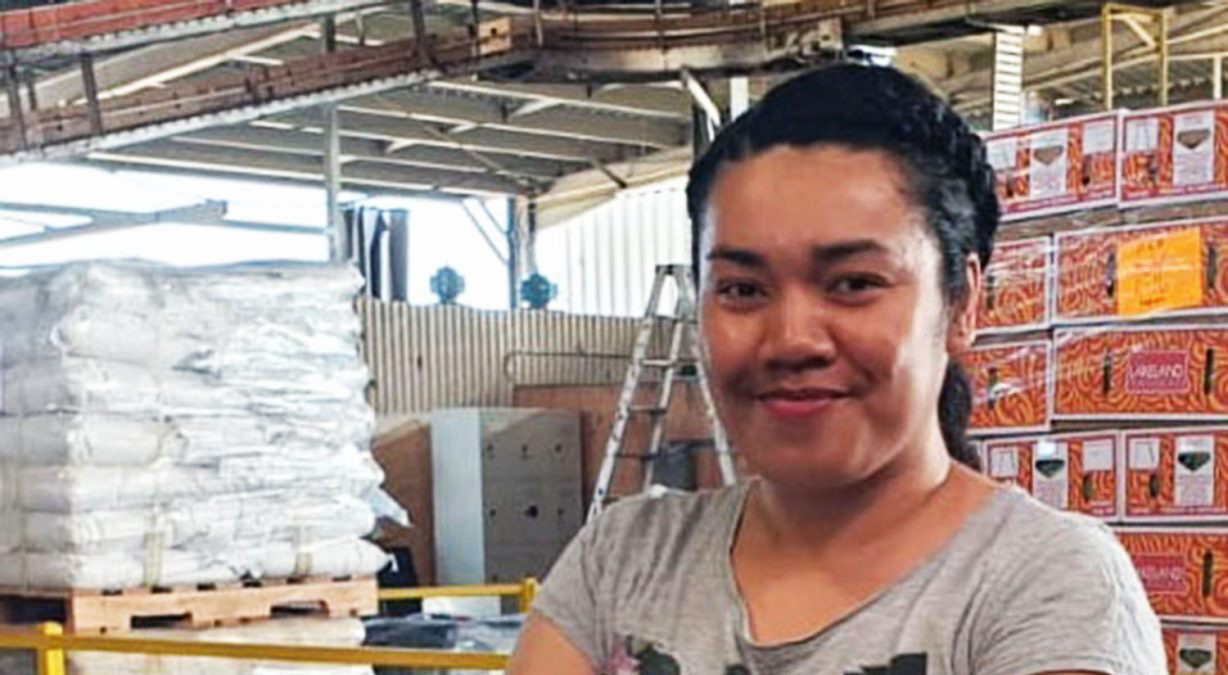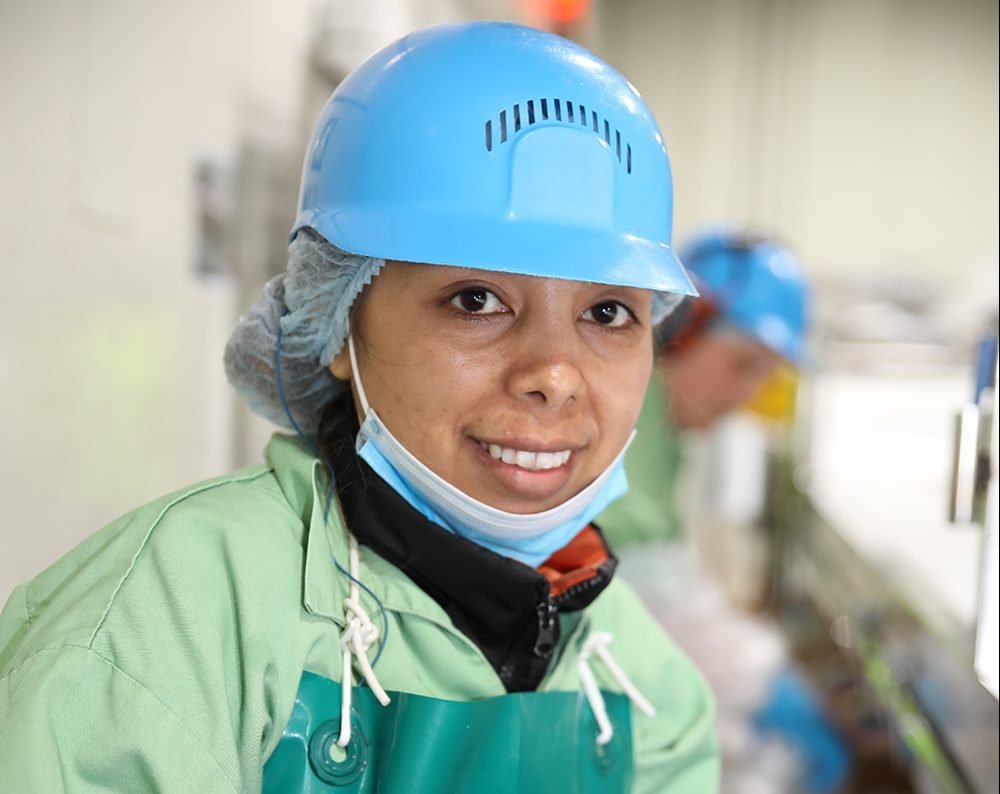Video - Postcard from Brisbane, Queensland to Kiribati
The COVID-19 pandemic forced I-Kiribati tourism workers Retati 'Rita' Tekaai, Maatai Tamaiti and Tereimita Ioeru into new industries that had labour shortages. In a message home to family and friends, Retati says they are staying positive in true I-Kiribati style, being happy, confident and laughing all the time.
Solomon Islanders are supported by their community in Australia
In March 2020, Stephen Tani joined the Pacific Labour Scheme (PLS) with 9 other men from Solomon Islands, and was soon recruited by RWM to work in an abattoir in Ararat, Victoria. Not long after the group had settled in, the COVID-19 pandemic struck and changed everything.
Video - 'It's not often you don't see them smiling'
Rocky Ponds Produce in Gumlu, North Queensland, relies on workers from Papua New Guinea and Vanuatu to ensure its capsicum and melon products reach the customer. Operations Manager Evan Chapman says the workers are diligent and thorough, and it's not often you don't see them smiling.
Tongan workers find home away from home in Queensland
Despite the COVID-19 pandemic, Kesaia Helu, Valeti Kolo and Viliami Kolo from Tonga are enjoying their time in Australia picking and packing fruit thanks to great workmates and a supportive employer.
Video - Postcard from Monduran, Queensland to Vanuatu
In uncertain times during the pandemic, Samson, Angus, Jeremiah and Julien were relatively isolated while picking citrus fruit for Simfresh in Monduran, Queensland. In this video, they share their stories of how they enjoy their work and send messages back to their family and friends back home.
Video - Postcard from Bowen, Queensland to Samoa
Supervisor Auvele works as a personal carer at Bolton Clarke in Bowen, North Queensland. In this video she explains why she enjoys working in Australia and sends a message home to her family.
Fijian meat workers staying safe, supporting families back home
When this group of 12 Fijian meatworkers arrived in Australia in January 2020, they quickly settled into their new jobs and made connections in their local community. Neighbours gave them furniture and a TV, and they started playing footy at the local rugby club. Then in March, the COVID-19 pandemic hit.
How Hana Silva from Timor-Leste is adapting to COVID-19
In March 2020, the COVID-19 outbreak escalated into a global pandemic. Like many other Pacific labour mobility workers, Hana Silva from Timor-Leste had to quickly adapt to the new measures.
Video - Postcard from Monduran, Queensland to Vanuatu
Ni-Vanuatu men Stanley Pantutun, Knox Taleo, Kensie Wogale and Anory Roslyn were employed in the tourism sector, but the COVID-19 pandemic forced a change. They quickly moved from serving customers and working in kitchens to picking citrus fruit in Monduran, Queensland. In a message back to family and communities in Vanuatu, they speak about how they are keeping safe and making each other laugh while approaching a job that is very different than what they are used to.
Video - Postcard from Childers, Queensland to Fiji
Away from their families and working in Childers, Queensland, Wame Serukaitoga and Waisele Nawaqavou send their love back home to Fiji, and let everyone know they have been working hard and keeping safe.




